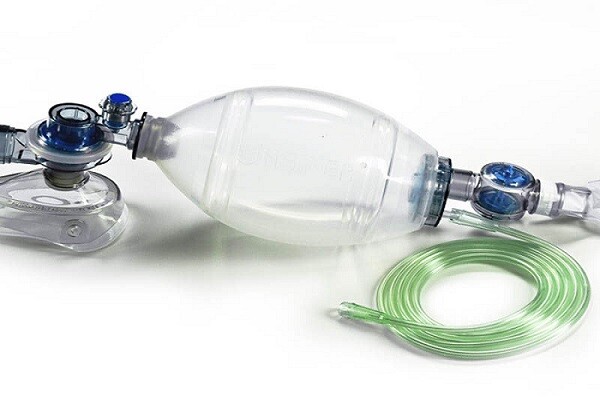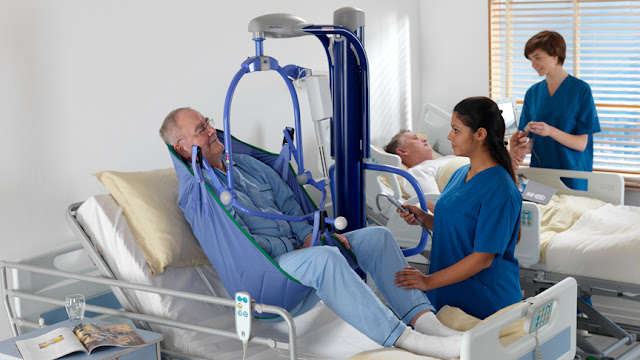Preserving Healthcare Data: Exploring the Global Role of Vendor Neutral Archives (VNA)
%20Market.jpg) |
| Global Vendor Neutral Archive (VNA) |
In the fast-paced world of healthcare, the efficient management and preservation of medical data are paramount for delivering quality patient care and driving clinical decision-making. At the forefront of this endeavor is the Global Vendor Neutral Archive (VNA), a critical component of healthcare IT infrastructure that plays a pivotal role in storing, managing, and sharing medical imaging and patient data across healthcare organizations.
Centralized Data Storage: VNAs serve as centralized repositories for storing a wide range of medical images and associated patient data, including radiology images, cardiology studies, pathology slides, and more. Unlike traditional picture archiving and communication systems (PACS) that are often vendor-specific and fragmented, VNAs offer a vendor-neutral approach, enabling seamless integration and consolidation of data from disparate sources. This centralized storage model promotes interoperability, facilitates data exchange, and ensures accessibility to critical medical information across the healthcare ecosystem.
Enhanced Clinical Workflow: By providing a consolidated view of
patient imaging and data, VNAs streamline clinical workflows and enhance
productivity for healthcare providers. Clinicians can access comprehensive
patient information from a single interface, reducing the need to navigate
multiple systems or search through disparate archives. This streamlined access
to data improves diagnostic efficiency, supports informed decision-making, and
enhances patient care delivery, ultimately leading to better outcomes and
patient satisfaction.
Data Security and Compliance: Protecting patient data privacy and
ensuring regulatory compliance are top priorities for healthcare organizations
worldwide. VNAs incorporate robust security features and access controls to
safeguard sensitive medical information against unauthorized access, breaches,
or data loss. Encryption, authentication mechanisms, audit trails, and
role-based access controls are among the security measures employed to mitigate
risks and uphold patient confidentiality. Furthermore, VNAs support compliance
with regulatory frameworks such as HIPAA (Health Insurance Portability and
Accountability Act) and GDPR (General Data Protection Regulation), helping
healthcare organizations adhere to stringent data protection requirements.
The Global Vendor Neutral Archive (VNA) plays a vital role in
preserving healthcare data on a global scale, offering centralized storage,
long-term preservation, scalability, interoperability, enhanced clinical
workflow, and robust security and compliance capabilities. As healthcare
organizations strive to harness the power of data to improve patient care and
outcomes, VNAs serve as foundational components of modern healthcare IT
infrastructure, empowering clinicians with access to comprehensive, actionable
information and ensuring the integrity, accessibility, and security of medical
data for generations to come.



Comments
Post a Comment